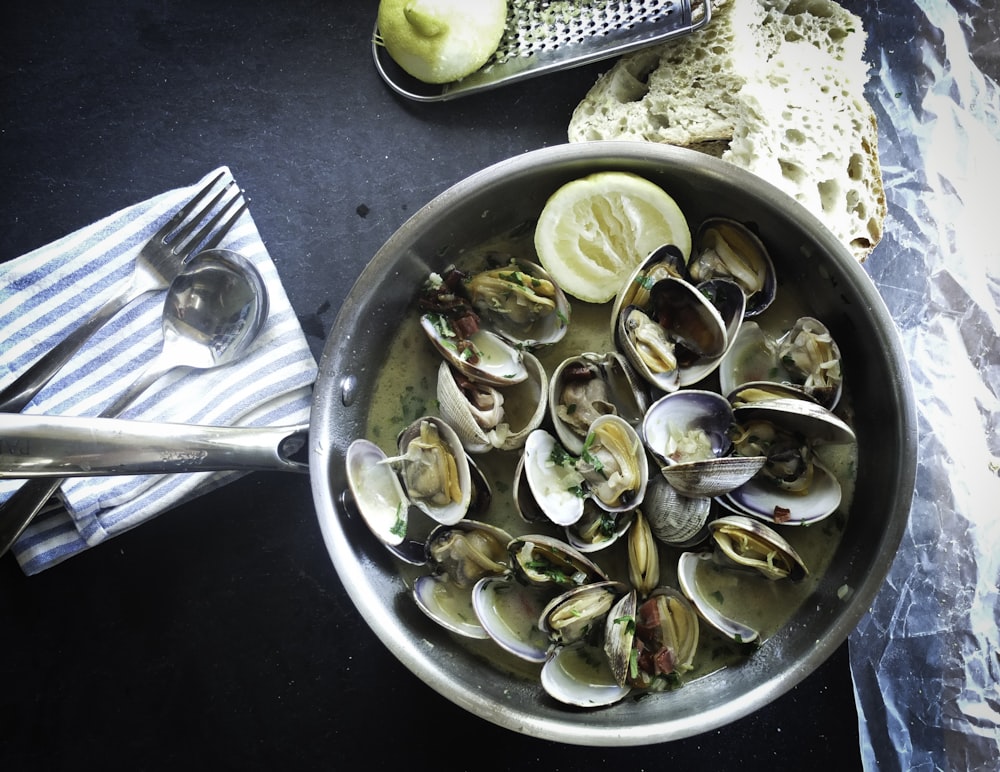The Ancient Art of Mindful Movement: Exploring Tai Chi and Qigong
In today’s fast-paced world, where stress seems to be an inevitable part of daily life, many are turning to ancient practices like Tai Chi and Qigong to find balance and inner peace. These mindful movement practices, rooted in Chinese philosophy and tradition, offer a holistic approach to health and wellbeing. Let’s delve deeper into the essence of Tai Chi and Qigong, exploring their origins, principles, and benefits.
Tai Chi: The Dance of Balance
Tai Chi, often referred to as “moving meditation,” is a centuries-old martial art that emphasizes slow, flowing movements and deep breathing. Originating in China as a form of self-defense, Tai Chi has evolved into a graceful practice known for its gentle and therapeutic effects on the body and mind. The philosophy behind Tai Chi revolves around the concept of yin and yang – the balance of opposing forces within the body – and aims to cultivate harmony and vitality.
Qigong: Cultivating Vital Energy
Qigong, pronounced “chee gong,” is another ancient Chinese practice that focuses on cultivating and balancing Qi, or vital energy, within the body. Unlike Tai Chi, which consists of a series of choreographed movements,



